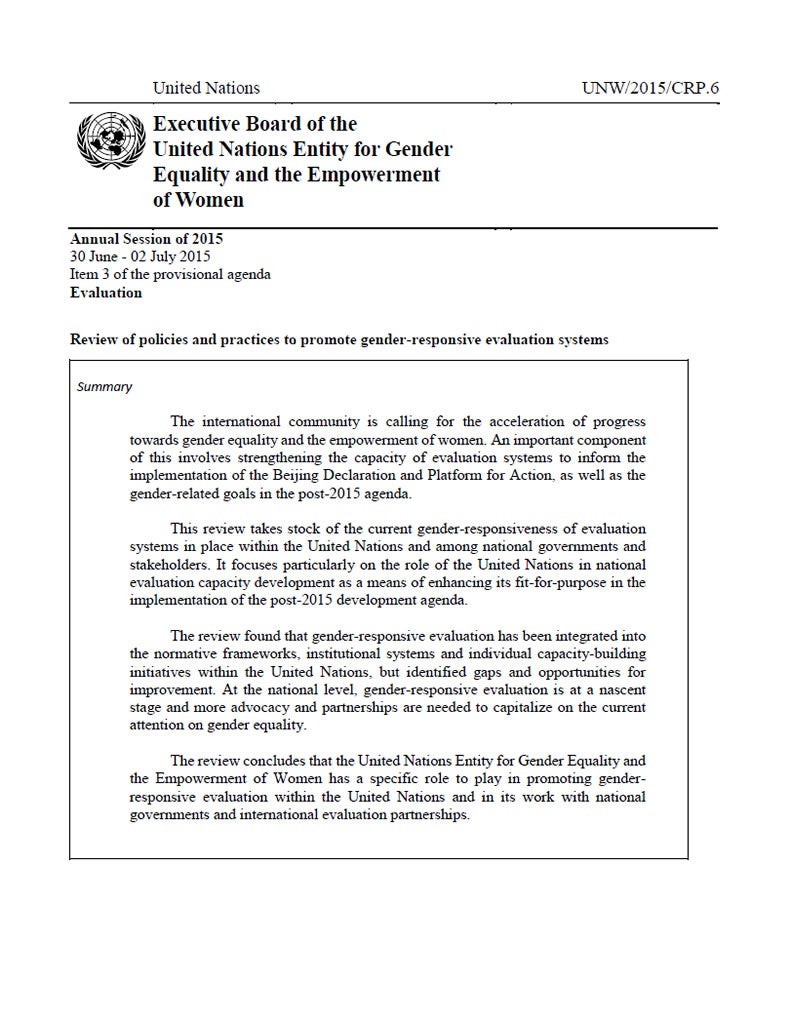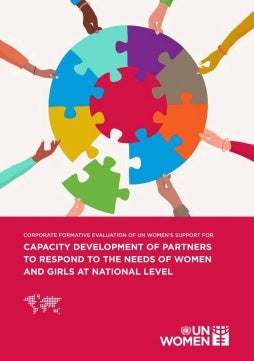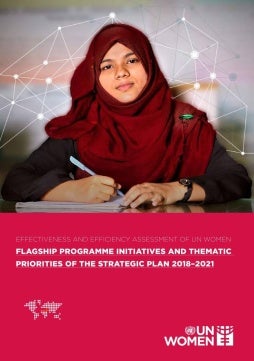Review of policies and practices to promote gender-responsive evaluation systems
“We have set 2030 as the expiry date for gender inequality. Achieving this will require unprecedented political leadership, dedicated and vastly increased resources, and new partnerships.” —Dr. Phumzile Mlambo-Ngcuka, UN Women Executive Director, Under-Secretary-General of the United Nations
The international community has called for accelerated progress towards gender equality and the empowerment of women. This includes strengthening the capacity of evaluation systems to inform the implementation of the Beijing Declaration and Platform for Action and gender-related goals in the post-2015 agenda.
This gives rise to some important questions:
- To what extent are existing evaluation systems within the United Nations and national governments gender-responsive?
- Is the United Nations prepared to further strengthen the gender-responsiveness of its evaluation systems?
- In doing so, how can the United Nations best engage with national governments and stakeholders to strengthen capacity for gender-responsive evaluation systems?
- What have we learned from developing and implementing gender-responsive evaluation systems to date?
To answer some of these questions, UN Women, in partnership with the United Nations Evaluation Group, EvalPartners, EvalGender+ and International Organization for Cooperation in Evaluation, commissioned a review of the policies, systems and practices in place to promote gender-responsive evaluation. This review takes stock of existing gender-responsive evaluation systems within the United Nations and Member States and provides information on the opportunities to strengthen these systems in the future, individually and collectively.










